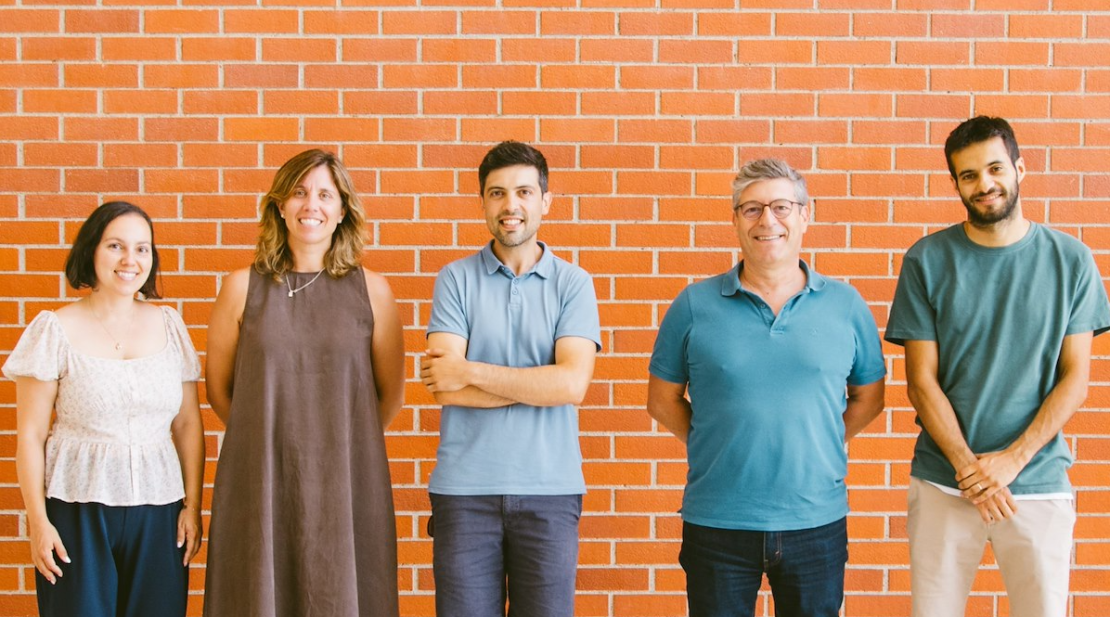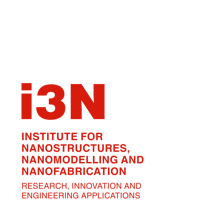
A project led by Pedro Correia, researcher at i3N and the Department of Physics at the University of Aveiro, has just been recognized by the CaixaImpulse Health Innovation 2025 program, an initiative of the ”la Caixa” Foundation. The €50,000 prize will be used to develop a new advanced imaging technique that could revolutionize cancer treatments.
The project led by Pedro Correia, with the participation of i3N researchers Ana Luísa Silva, João Veloso, Fabiana Ribeiro and Pedro Encarnação, focuses on targeted radiotherapy — a technique that delivers radiation directly to cancer cells while minimizing damage to healthy tissue.
Fighting aggressive cancers, especially those that have spread to other parts of the body, is one of the biggest challenges in medicine today. A promising approach is targeted radiotherapy, which delivers radiation directly to cancer cells while sparing healthy tissues. However, one major difficulty is tracking how the treatment spreads through the body after it is administered. This tracking is essential to ensure that the therapy reaches the cancer cells effectively and safely.
This team is working on a groundbreaking solution: a new type of imaging detector capable of capturing the signal from high-energy particles emitted during these treatments. Current imaging tools struggle to handle these signals, leading to blurry images or difficulty in seeing the treatment’s full effect. This new detector aims to solve this by using an innovative method to precisely capture and analyse the radiation patterns without relying on traditional components that block or alter the signals.
This detector will not only allow doctors to “see” where the treatment is going in three dimensions but also measure how much of it is being delivered to the cancer cells. This step forward ensures more personalized and safer cancer treatments. It also has the potential to reduce the reliance on animal experiments by providing detailed imaging data directly from in-vivo models and human patients.
This innovation could transform cancer care by making treatments more effective and personalized. It represents a leap forward in medicine, offering hope to patients with the most challenging forms of cancer. By enabling precise monitoring, this technology could improve survival rates and pave the way for more advanced and tailored therapies in the future.
With the potential to increase survival rates and pave the way for more advanced, personalized therapies, the project led by the University of Aveiro — in partnership with the Institute of Nuclear Sciences Applied to Health (ICNAS) at the University of Coimbra — stands as a milestone in the evolution of cancer medicine.
“This breakthrough represents a technological leap that could change the way we fight the most aggressive and resistant cancers,” emphasizes Pedro Correia.
CaixaImpulse Health Innovation
UA Project Awarded CaixaImpulse Prize to Revolutionize Cancer Treatments
